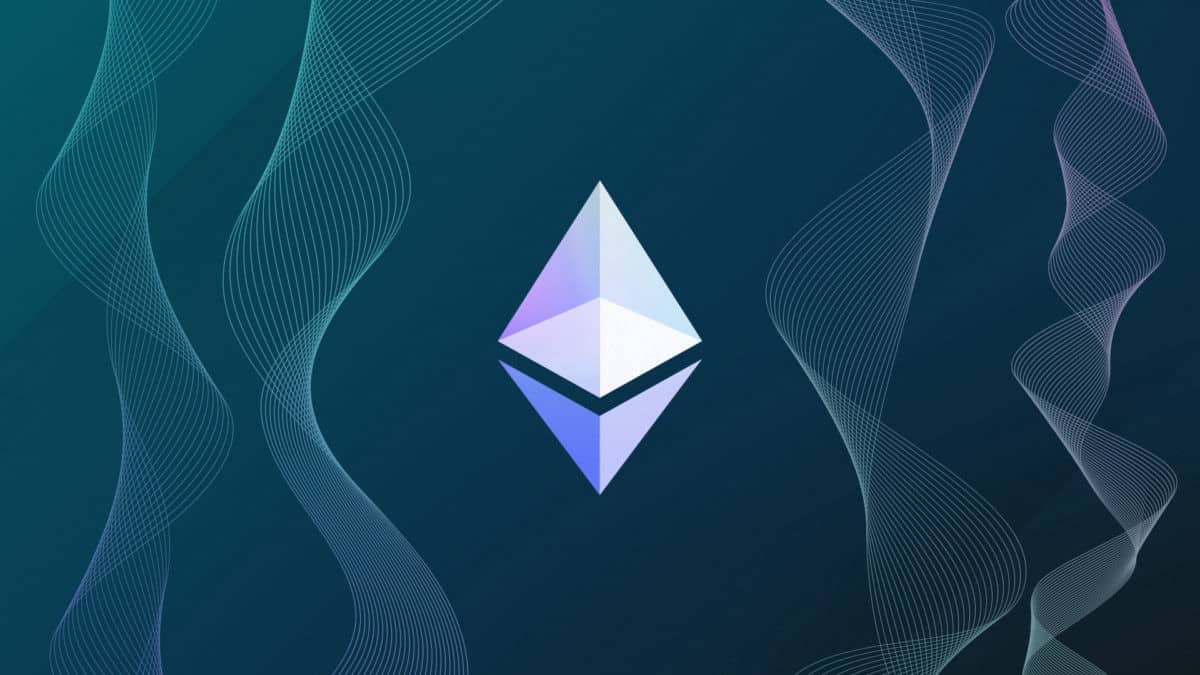Join Our Telegram channel to stay up to date on breaking news coverage
The Ethereum market has not been favorable to retail DeFi traders as gas fees have prevented them from making any meaningful return. But the institutional investors who are trading in large quantities are not been affected.
The revolutionary technology of the decentralized finance sector has seen it emerged as one of the most demanded technologies in the financial sector. It has led to lucrative high-yield opportunities in the crypto industry. But retail traders are now suffering the heat of a high transaction fee.
Retailers paying higher percentage fees
Analysis of different time zones shows that the transaction cost during the Asian session is as high as the cost at the U.S. trading session. It’s an indication that the increase in fees is in line with network usage.
However, one section of the trading community seems to be benefiting from the transaction fees and don’t have any issues engaging in more transactions. The Whale token holders, who are dealing in bulk, are not affected by the price increase.
When wallets with more than 20 Ethereum (ETH) throughout 2020 were analyzed, it shows a higher number of ETH transactions compared to those in smaller wallets. It’s a perfect indication that the retail traders are being very cautious not to trade too much to avoid the high fees.
However, the technology is still having challenges due to the unavailability of a comprehensive layer 2 solution. As a result, retail investors are increasingly discouraged to take their place in the growing industry. Last week, Ethereum recorded unprecedented high fees, which could discourage small investors further.
The current transaction fee favors whales
If the gas fee of Ethereum is high, it will be difficult for retail traders to gain from the market. That leaves the door wide open for institutional investors who are not impacted by the fees.
Etherscan data revealed that the gas prices are still not up to the levels they reached last year, they are higher than the price level in December last year. As the gas fees rise, Ethereum keeps surging in price as well.
The calculation of gas fees is not determined by the number or volume of transactions, but the cost of interacting with smart contracts. As a result, a higher fee will not lead to any significant impact on those dealing with bigger wallet balances.
With the present price calculation, both smaller traders and larger traders can pay the same transaction fees, which is heavier from the retailer’s perspective. This has led to a lesser trading activity for retail traders compared to their institutional counterparts.
Join Our Telegram channel to stay up to date on breaking news coverage



